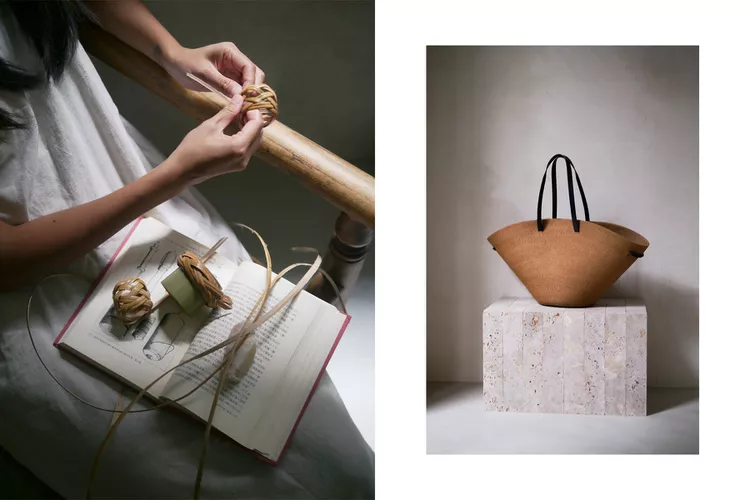1. Introduction
Discover the unique offerings of Kamaro’an, a brand that showcases the rich craft traditions of the Pangcah tribe in Taiwan through stunning home goods and accessories.
2. Origins of Kamaro’an
In Pangcah, an indigenous language of Taiwan, the word kamaro’an means “place to live,” implying an invitation to linger a little longer or make yourself at home.
Designers Yun-fann Chang and Shane Liu had this feeling of at-homeness in mind when they partnered with Tipus Hafay, a craft expert and Pangcah tribe member, to establish a line of home goods and accessories in 2015. Consequently, Kamaro’an is recognized for its distinctive light fixtures, ceramics, and accessories; the brand’s canvas bags are even showcased at the Museum of Modern Art in New York City.
3. Artisan Collaboration and Craft Traditions
Hafay, who engages in social-enterprise work in her home county of Hualien, has connected with weavers from across the island to delve into Taiwan’s unique craft traditions. As a result, Kamaro’an employs 11 Indigenous artisans, labeling each product with the names of the artisans who crafted them. Many of the luxurious straw-and-rattan styles boast unique woven-leather handles and details, featuring an adaptation of a Pangcah one-thread weaving technique. Moreover, some pieces reflect traditional household objects both in form and function. Nacu Dongi, a Pangcah craftsperson and full-time staff member, explained that one cylindrical leather satchel pays homage to the bamboo water bottles that “our Pangcah elders still make and use today.”
4. Kamaro’an House: A Creative Space
In April, the brand opened a brick-and-mortar atelier, Kamaro’an House, located within a spacious former residence in Taipei. This inviting space currently hosts workshops in weaving and natural dyeing, along with pop-up events featuring other Taipei brands. Therefore, the founders behind Kamaro’an aspire to expand their line to include textiles and apparel inspired by traditional Pangcah attire. Furthermore, they aim to establish a permanent exhibition showcasing their cultural research and archives of Pangcah art and design.
5. Visiting Kamaro’an House
Kamaro’an House is open by appointment, providing visitors a unique opportunity to engage with Taiwan’s weaving heritage.




